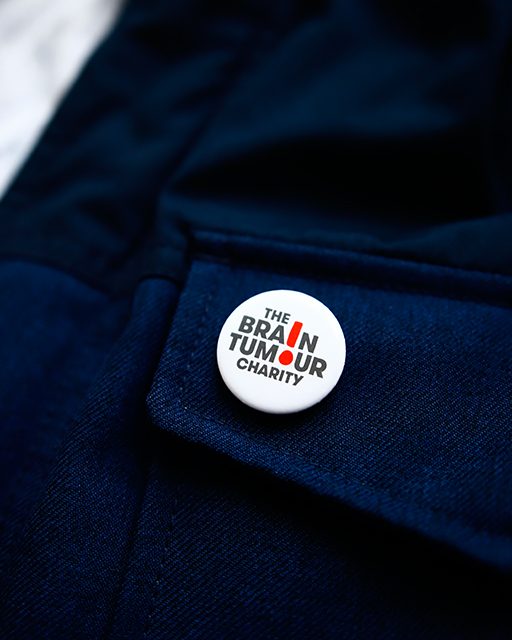The English Cancer Patient Experience Survey used insights from 72,288 cancer patients over the age of 16 and once again highlighted the poor experience that brain tumour patients face – from the point of diagnosis, through their treatment and during any after-care they receive.
A significantly high number of brain and CNS patients continue to be diagnosed via an emergency admission to hospital (45%), which has a significant impact on the prognosis and quality of life patients face afterwards.
Whilst the majority of patients said they had been told about their diagnosis sensitively, six patients said they had received this news by letter or phone – this is obviously totally unacceptable.
Coordination of care
Challenges around the coordination of care are apparent through the patient journey, as demonstrated by brain and CNS tumours ranking as the lowest cancer type for patients stating that all the different people treating and caring for them worked well together.
When leaving hospital, over a fifth of patients (21.8%) were not given clear written information about what they should or should not do after leaving hospital. This is the highest figure of any cancer type.
Similarly, brain and CNS tumours ranked as the lowest cancer type for the percentage of patients who were told by hospital staff who to contact if they were worried about their condition or treatment after leaving hospital.
The vast majority of patients (92.5%) said they were given the name of a CNS, although a smaller proportion (76.5%) said they had been given answers they could understand if they had difficult questions.
In addition, it should be noted that the English Cancer Patient Experience Survey does not include the levels of access to a key worker for low grade brain tumour patients, which we know to be more limited.
Key workers crucial
Increasing the number of key workers for low grade brain tumour patients is crucial to meeting NHS England’s ambition in the Cancer Strategy that every patient, no matter what their tumour type, has access to a key worker to help coordinate their care.
More than half of patients (54.5%) said that hospital staff gave them information about how to get financial help or benefits they may be entitled to.
However, around 72 patients (19.7%) said that they were not given this information, and would have appreciated receiving it.
Whilst these figures are highly disappointing, The Brain Tumour Charity remains dedicated to improving the experience of brain tumour patients in the NHS across England.
Our standard of care
Last year, we produced our Patient Guide to Brain Tumour Treatment and Services, which sets out the standard of care that all adult brain tumour patients should expect in the NHS across the care pathway.
Our Healthcare Engagement team will be actively working with Neurosurgical Centres and Hospitals across the UK to ensure that its recommendations are embedded in clinical practice.
Over the last year, we have been working with NHS England’s Patient Experience Team as part of their project which has been identifying barriers to accessing Cancer Nurse Specialists, and developing delivery models that will ensure that every patient has access to a key worker.
NHS England have recognised the need to improve access to a CNS or key worker for rare and less common cancers.
Our benefits clinic
More directly, we run a Benefits and Money Clinic twice a week that provides financial advice and support to those affected by a brain tumour.
In 2018, we 178 members of our community claim over £450,000, providing a greater level of financial security to patients and families in very challenging circumstances. It is crucial that healthcare professionals signpost to services like our Benefits and Money Clinic.
Brain tumour patients should be able to access the best possible treatment and care wherever they live, and we’ll continue to fight for this going forward.

Your voice matters
By campaigning with The Brain Tumour Charity, you can help ensure the issues which affect the brain tumour community remain a political priority.
